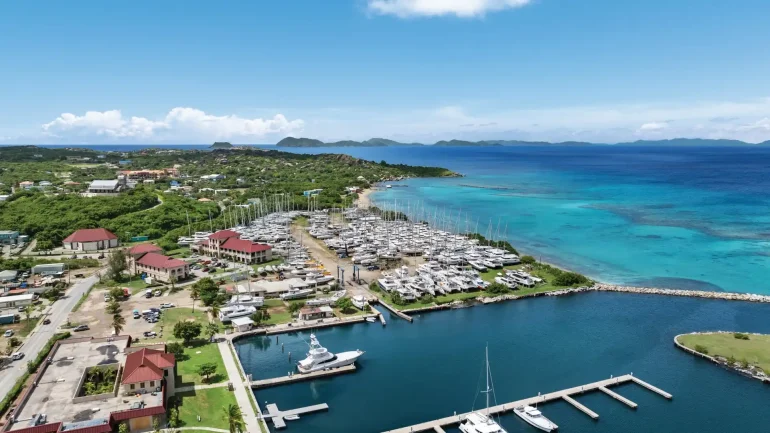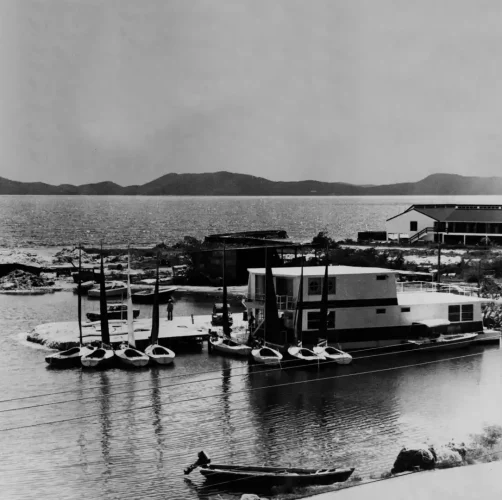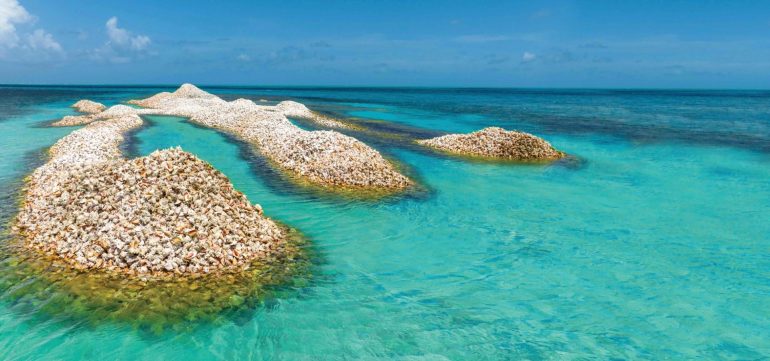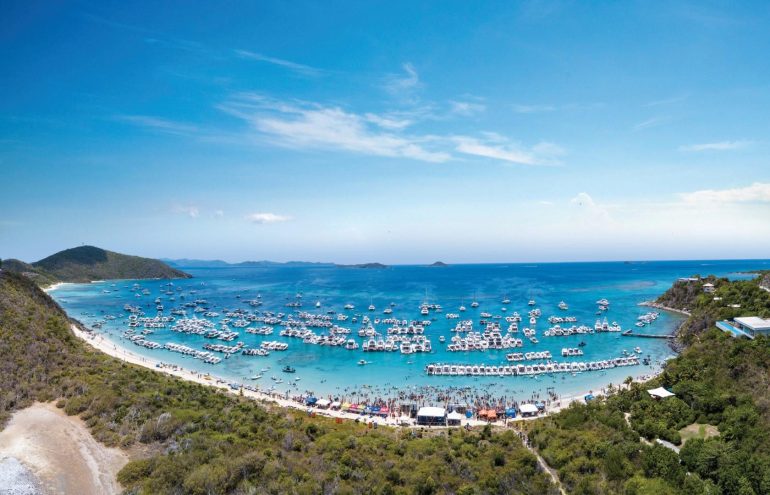Under a theme of “CO2: Kick the habit! Towards a low-carbon economy,” World Environment Day takes place June 5th.
Initiated by the United Nations Environment Programme, the theme reflects the notion that “it is likely that carbon will eventually be judged as an atmospheric pollutant and regulated accordingly.” How this translates to the BVI in terms of emissions and pollutants is being guided through an awareness campaign by the BVI Government, yet its reality is largely at the hands of the charter companies and guests involved.

If you have ever heard the phrase, “It’s the BVI, the rules don’t apply,” then you are no doubt talking to someone who has just thrown his or her beer bottle overboard, dumped a waste tank into the sea and hoofed a bag of garbage on the presumption that it’s good for the fish; they like to eat trash. This isn’t the recycling capitol of the world by any means, and you are not going to be struck down by lightning for doing any of the above, but it raises the question as to what extent our polluting of the environment needs to be regulated.
Guidelines from the United Nations are very simple and easy to incorporate into your daily life. Try not to run your engine, turn off electronics when not in use, don’t pick coral or damage reefs, conserve at every opportunity. Considering that most of our visitors come from nations where laws against littering and damaging the environment are enforced, it’s a wonder to see the holiday book give that ethic a time out, too. Fortunately, these incidents are few and far between.

The Government began a campaign for the environment in late April. Poetry and art competitions have been organized to motivate the reduction of carbon dioxide in the environment. Underlying the media, and prevalent in the BVI as a strong force, is Conservation and Fisheries, which monitors environmental concerns, policies and issues in the Territory. Supporting this is the Town and Country Planning Department, which also monitors environmental issues, most notably through the Planning Act 2004, which requires that all developments have an environmental impact assessment, from homes to coastal zone developments and marine national parks. The poetry competition being held is a pebble on the beach compared to the year round efforts of the Government bodies to protect and preserve the islands’ environment.
Yet the Government campaign focuses on land rather than the sea. There is to be a certain element of trust presumed when dealing with the ocean. According to Thomas J. Ghoreau, president of the Global Coral Reef Alliance, whose findings in July 2007 recommended a mass drive to preserve the beauty of the BVI urging to slow down developments, “Given the accelerating and unavoidable stresses to the reefs caused by climate change and new diseases, the last thing BVI should do is increase stress to the remaining coral reefs by allowing increased sedimentation and nutrients from uncontrolled and ecologically unsustainable ‘development’ schemes that are destroying the very natural beauty on which BVI’s economy is based.” In 2005, it was reported that nearly a half of coral in the BVI had died due to white bland disease and that stag and elkhorn coral are approaching extinction based on further damage. The developments around the island are and remain in a constant struggle between environmental organizations, Government bodies and investors.

The drive to preserve and protect seems to stem from the individual. I was in Anegada with a couple of friends a few years back, at a location that shall remain secret, and we discovered in the seagrass a haven for black-tip puppy sharks. Marvelling at the find, a skipper with children passed by and we shared the discovery, smiling and going our separate ways. On his return, the skipper used a net to scoop out eight of the sharks and lay them in the summer sun to die a somewhat painful death. On asking why, we were informed that the skipper had asked the children if they would like shark sandwiches grilled for lunch. In a heated debate with the skipper, somewhere between reason and rage and with as much diplomacy as possible, the stalemate could not be broken. The frustration of tinkering with nature so arrogantly was heightened by the skipper’s claim that islands belonged to no man and man has always taken from nature. Ridiculous in notion, the skipper was an islander, justifying his cull to his guests as an island right, and nodding loyally, the guests tramped off with island man to make their sandwiches.
Collectively, the environment is a year round issue for most in the BVI. For many, living and working on the ocean, along with its aesthetic value, makes up their livelihood. Balance between development, legislation and nature is a fine line, with nature’s resources often at the compromising end.





